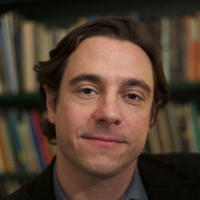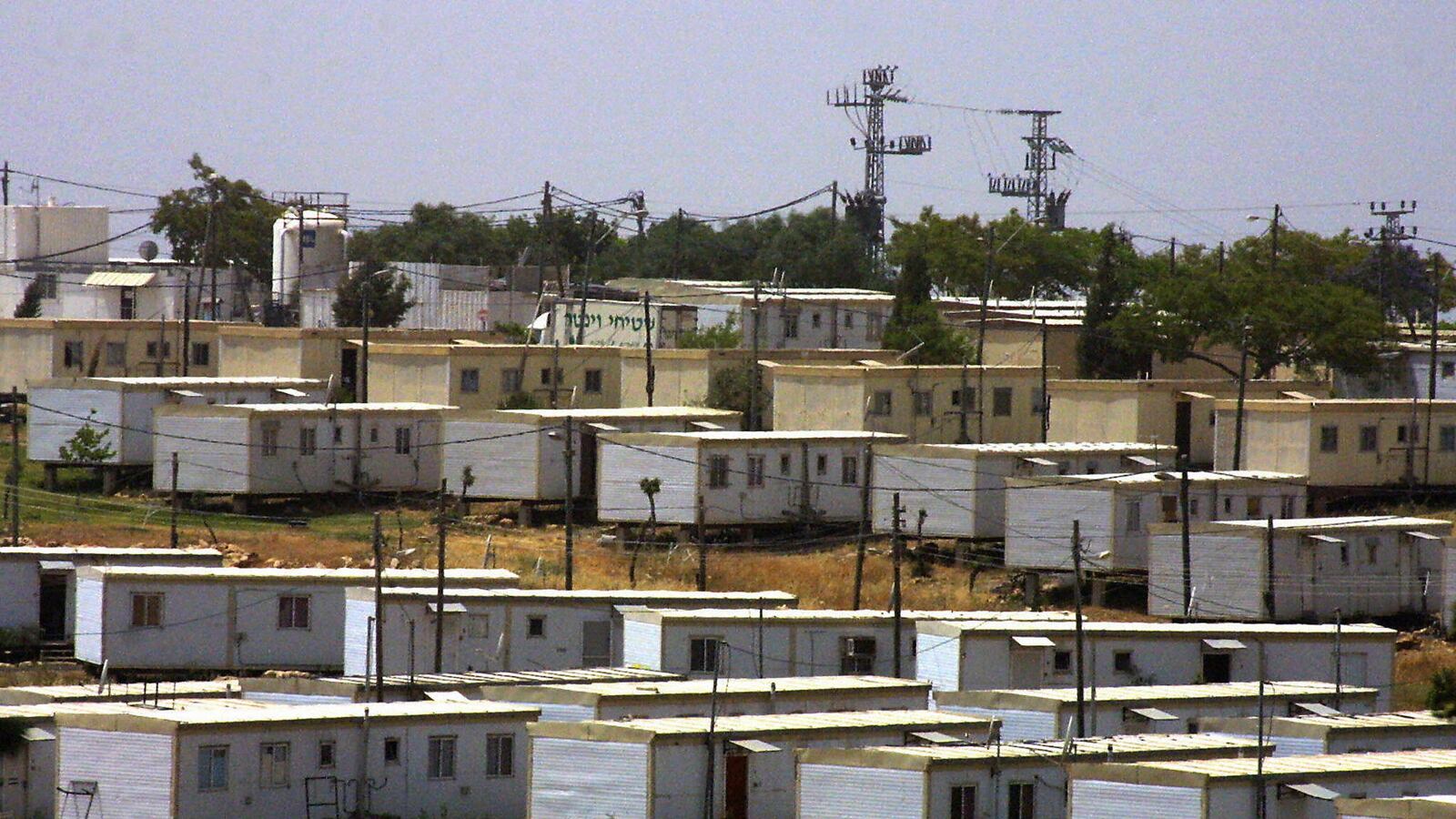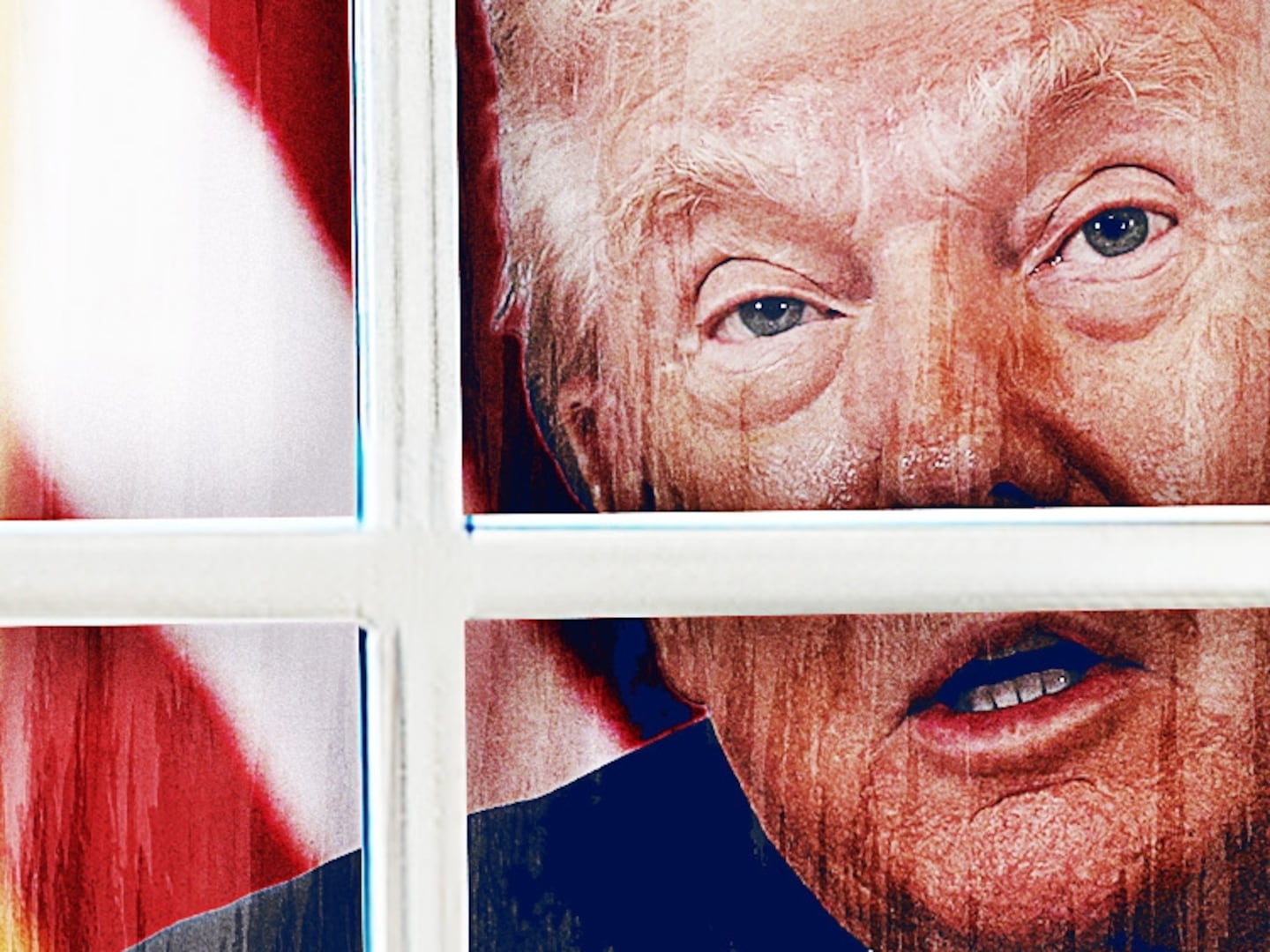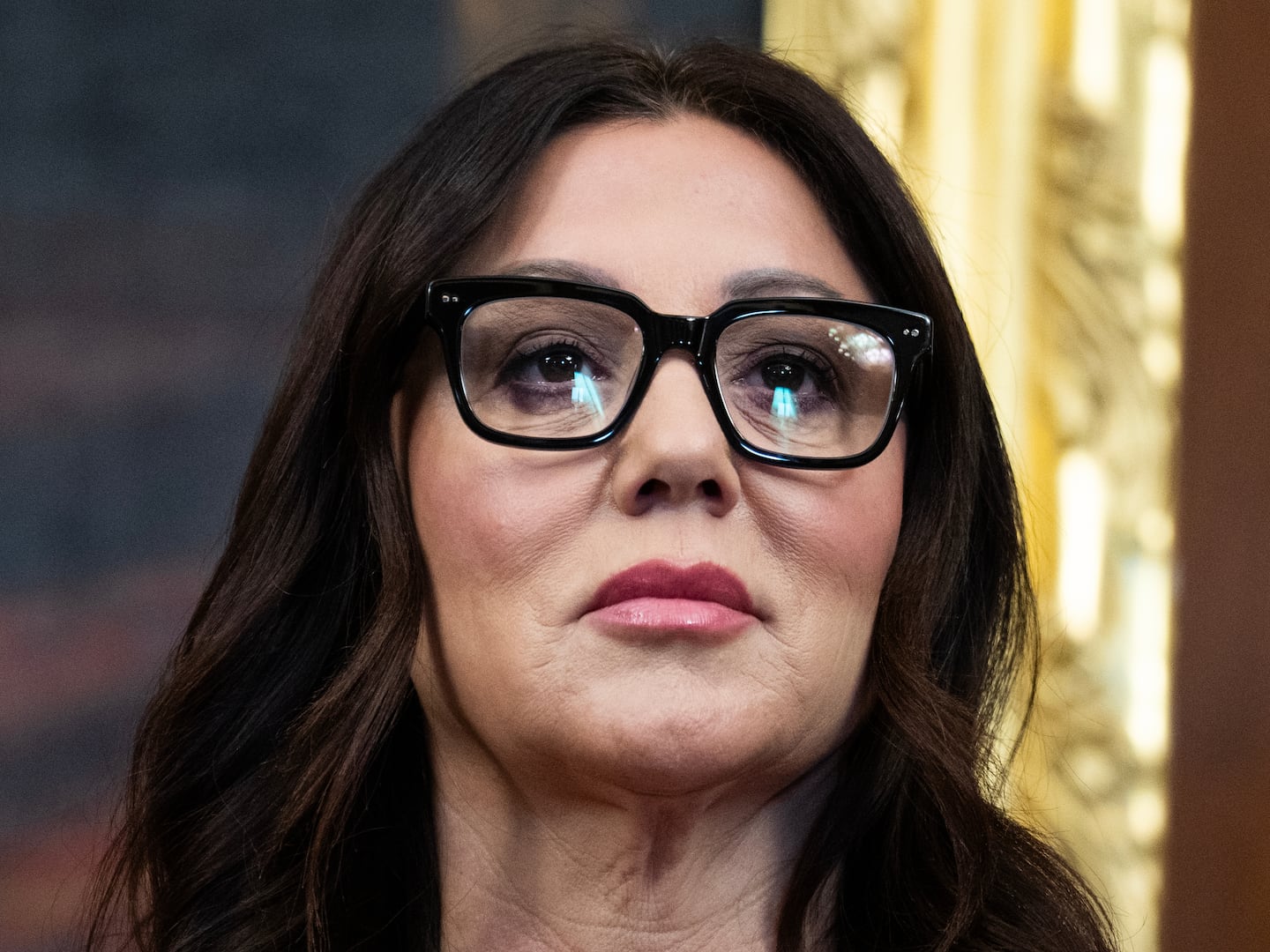Israeli academia is about to suffer a major blow. Within the next few weeks, Israel’s Council for Higher Education, which oversees Israeli universities and colleges, is expected to approve the upgrade of Ariel College to full university status. This would be a big victory for right-wing political pressure and for the settlement enterprise in the West Bank, and it would greatly damage higher education in Israel.
Now thirty years old, Ariel College—or “Ariel University Center of Samaria” as it now likes to call itself—is located in the large settlement of Ariel, deep inside the West Bank (some thirteen miles east of the Green Line). Originally part of Bar-Ilan University, for the past seven years the college has been independent and has sought full university status, which would give it more prestige, more students, and above all, access to more government funding. Although both the Sharon and Olmert governments supported upgrading the status of Ariel College, the Council for Higher Education steadfastly refused to consent. The Council believed there was no need to establish another Israeli research university; heads of Israel’s existing universities also shared the self-interested desire to avoid having to share more of what little funds are available for higher education in Israel.

Many Israeli professors also oppose upgrading Ariel College, and a thousand of them recently signed a petition against it. Their petition stated: “The establishment of the college in the settlement Ariel, and its planned upgrade to a university, is part of the settlements effort…The establishment of an academic institution for a controversial political purpose is highly problematic.” The petition also noted that following such a move, “there will be an inevitable identification between the entire Israeli academic community and the policy of settlements and occupation… Identifying the entire Israeli academia with the policy of settlements will place it in grave danger.”
Both objections are well-founded. From the outset, the effort to upgrade Ariel College has been driven primarily by political, rather than academic, considerations. Whatever the academic merits of Ariel College, making it a university is a thinly veiled attempt to strengthen the settlement of Ariel and legitimize it in the eyes of the Israeli public. It is really about trying to make the settlement of Ariel a permanent part of Israel. Indeed, Prime Minister Benjamin Netanyahu has openly stated this motive: He once declared that a university in Ariel would ensure that the settlement “will forever remain part of the State of Israel.”
Israeli academics are also right to be worried about the potential repercussions for them if an Israeli university is established in the occupied West Bank. This will indeed tarnish the image of Israeli academia, and it will help strengthen the ongoing international campaign to boycott Israeli universities. Calls for a boycott of Israeli academia will undoubtedly intensify. It will become harder to counter these calls, because the boycotters will credibly claim that Israeli academia is complicit in the occupation of Palestinian territory.
Giving Ariel College full university status will not only damage higher education in Israel, it will also damage the increasingly slim possibility for Israeli-Palestinian peace. The last time that Israel and the Palestinians seriously tried to negotiate a peace agreement—the Olmert-Abbas talks in 2008—the future status of Ariel was one of the most disputed issues in the negotiations. Establishing a university in Ariel will send a message to the Palestinians and to the international community that Israel is not serious about resuming the peace process with the Palestinians. Foreign observers will infer that Israel has no intention to withdraw from the heart of the West Bank and allow a contiguous and viable Palestinian state to be established. This will further undermine Palestinian confidence in Israel’s peaceful intentions and make peace less likely. It doesn’t help that, since Palestinians cannot even enter the settlement of Ariel, no Palestinians will be able to study at the university.
One can only hope that when it meets in the next few weeks, the Council for Higher Education will resist the right-wing pressure to change Ariel College’s status. Unfortunately, given the inordinate political influence that the settlers and their supporters enjoy in today’s Israel—as demonstrated by Netanyahu’s desperate attempt to placate them after the removal of the Ulpana neighborhood in the settlement of Beit El—such a hope is probably futile.






